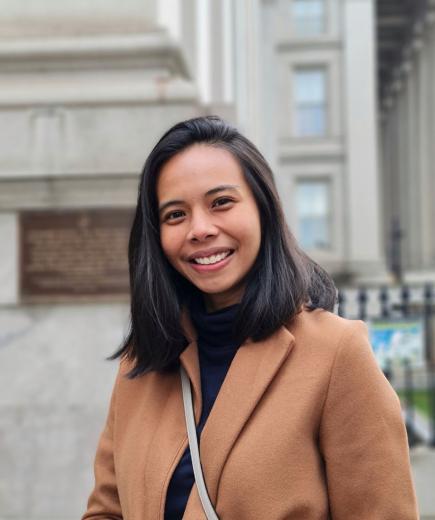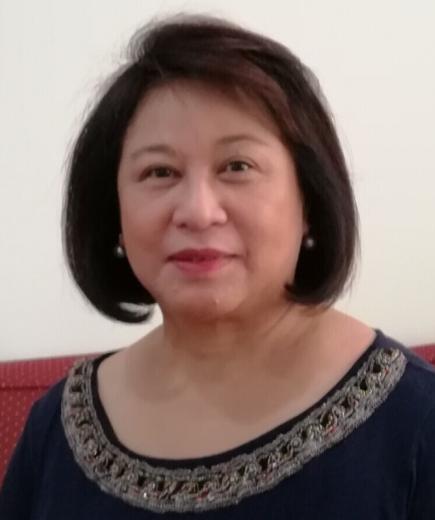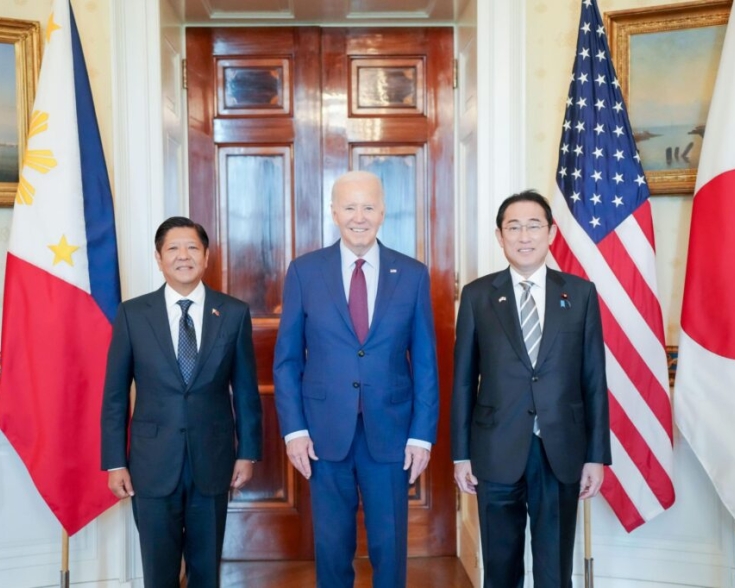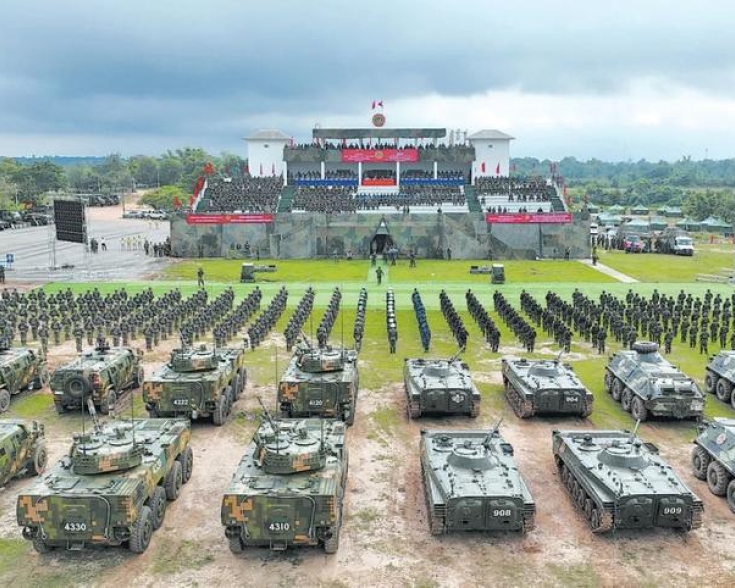Former President Duterte's ICC Arrest: Continued Economic Stability Amidst Political Turmoil
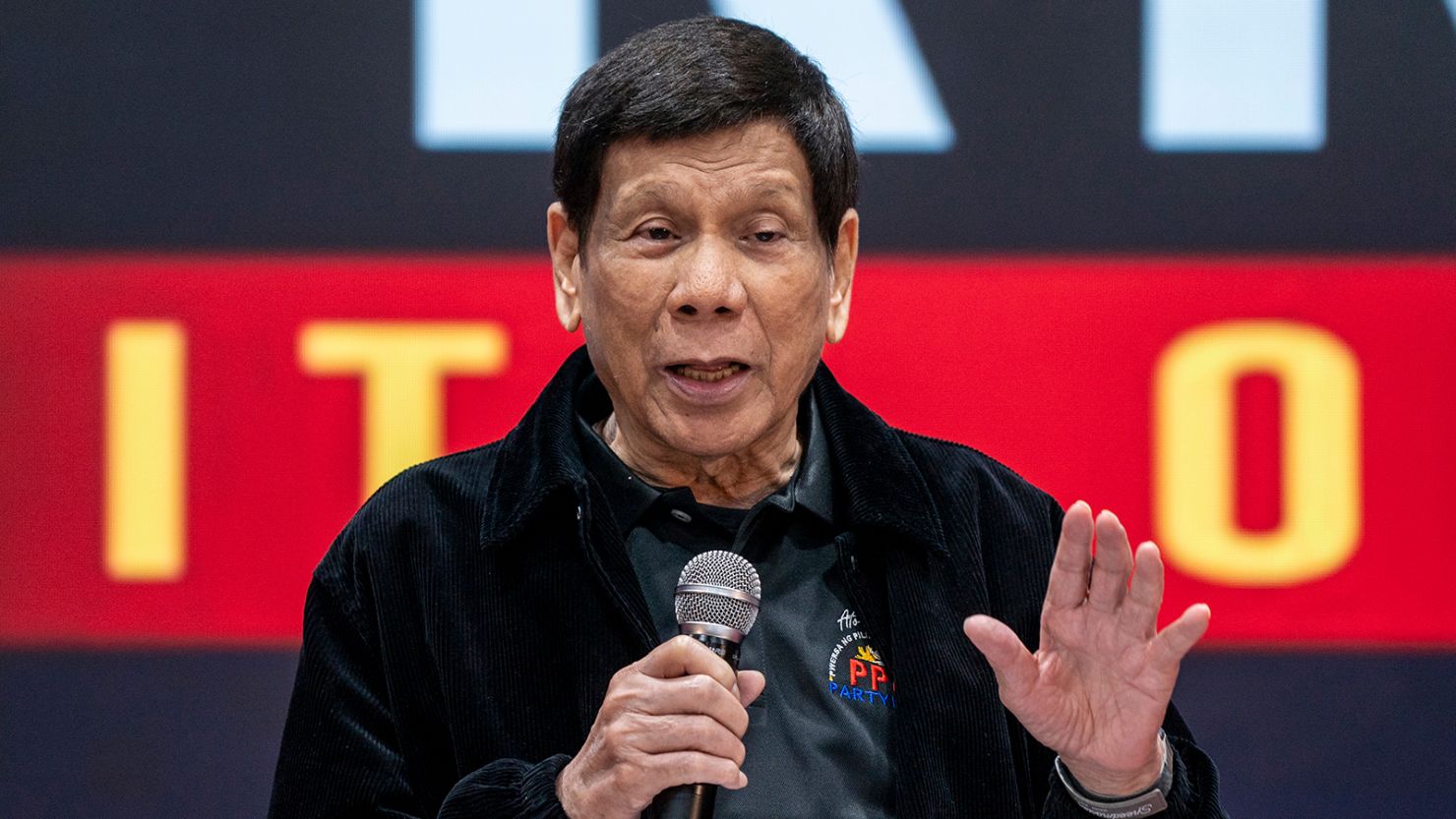
Former President Rodrigo Duterte was arrested on March 11 on charges of committing crimes against humanity linked to the drug war during his 2016 to 2022 presidential term. His arrest intensified political divisions, with protests from supporters, praise from human rights groups, and potential implications for the 2025 midterm elections. While short-term market volatility is expected, business remains as usual, with no immediate disruptions to long-term economic policies.
Background & Context
The case against the former president at the International Criminal Court (ICC) began in 2017 when a complaint alleging crimes against humanity in Duterte’s drug war was filed. The ICC opened preliminary examination in 2018, prompting Duterte to withdraw the Philippines from the Rome Statue, the international treaty that establishes the (ICC), on the same year. The Philippine government repeatedly sought to halt the probe, arguing lack of jurisdiction but the ICC rejected these appeals, finding reasonable grounds for an investigation. A detailed timeline can be found here.
On March 11, Duterte was arrested by authorities, who served him with an arrest warrant. Duterte is being charged as an "indirect co-perpetrator for the crime against humanity of murder, allegedly committed in the Philippines between 1 November 2011 and 16 March 2019". Shortly after the arrest, he traveled to The Hague, Netherlands and was brought to The Hague Penitentiary Institution where he will be detained while awaiting trial. His first appearance before the ICC took place on March 14 via video link, with the hearing set to resume in September. Duterte’s legal team will be led by veteran international lawyer Nicholas Kaufman, who brings 34 years of experience and has previously represented former Congo Vice President Jean Pierre Bemba and former Central African Republic minister Maxime Mokom, both charged with crimes against humanity before the ICC.
As recently as October 2024, before a Senate committee, Duterte admitted that ordered the killings, claiming that his hit squads only targeted drug traffickers. At the age of 79, the former president would become the first former Asian leader to be tried before the ICC.
Political and Public Reactions
Philippine Government: President Ferdinand Marcos, Jr. and other government officials have maintained that the arrest was carried out in accordance with international obligations and due process, emphasizing that it was not politically driven. Some lawmakers have defended the move, citing the importance of upholding the rule of law and respecting the country’s commitments to global institutions like Interpol and the ICC. On the other hand, Vice President Sara Dutetre called the public to demand transparency from the Marcos administration ahead of the upcoming 2025 midterm elections.
Opposition & Human Rights Groups: Human rights advocates and critics of Duterte have welcomed the arrest as a step toward justice for the victims of his controversial war on drugs. Groups such as Amnesty International and Human Rights Watch have praised the Philippine Government’s cooperation with international bodies.
Supporters: Many of Duterte’s loyal supporters, including political allies and former officials from his administration, have condemned the arrest, calling it politically motivated and a violation of national sovereignty. Some have staged protests, demanded his immediate release, and accused the ICC of overstepping its jurisdiction.
International Community: Foreign governments and international organizations have closely monitored the situation. Many countries have applauded the Philippine Government for upholding international justice. Meanwhile, other countries have remained silent, framing it as external interference in internal affairs.
Implications
Domestic Importance
The arrest of the former President has deepened political divisions in the country, with ongoing debates about national sovereignty, human rights, and the rule of law. The perception that Duterte was beyond accountability for his was on drugs is now shifting. His arrest demonstrates that even powerful officials can be held accountable, setting a precedent for dissuading corruption and unethical behavior. However, this accountability depends on the political climate, as Duterte’s prosecution is primarily moving forward due to shifting political dynamics in the Philippines. While the former president’s arrest was a monumental step in prosecuting the bloody drug war, it is also the latest episode in a battle between two political dynasties.
The Dutertes remain politically popular in much of the country and supporters have protested the prosecution of the former president. The Philippine National Police estimatesthat nearly 50,000 people have participated in multiple rallies nationwide after Duterte’s arrest. However, the overall scale of the demonstrations remains uncertain, as the current gatherings have not caused significant disruptions.
This development could also signal Marcos' allies in the Senate to accelerate the impeachment process against Vice President Duterte with the public anticipated to closely observe the upcoming midterm elections as allies of Duterte continue to compete for seats in Congress.
Political Stability and Business Environment
Business groups in the Philippines are closely monitoring the impact of Duterte’s arrest. Some leaders warn that mass protests could deter investors, while others believe that the country’s cooperation with an international justice system could improve business confidence. For new investors unfamiliar with the Philippine market, these developments—seen as signs of political instability—may prompt them to explore opportunities elsewhere. Despite uncertainties, businesses continue operations as usual, with the government focused on sustaining economic growth and attracting foreign investments. While the Philippine Stock Exchange index (PSEi) fell two percent a day after the arrest, investors picked up more shares with the PSEi towards the end of the week. Analysts suggest that while the immediate impact could include short-term market volatility the long-term economic outlook remains stable, with no immediate disruptions to economic policies. Historically, the Philippines has demonstrated resilience amid political shifts, and its macroeconomic stability continue to attract investors.
